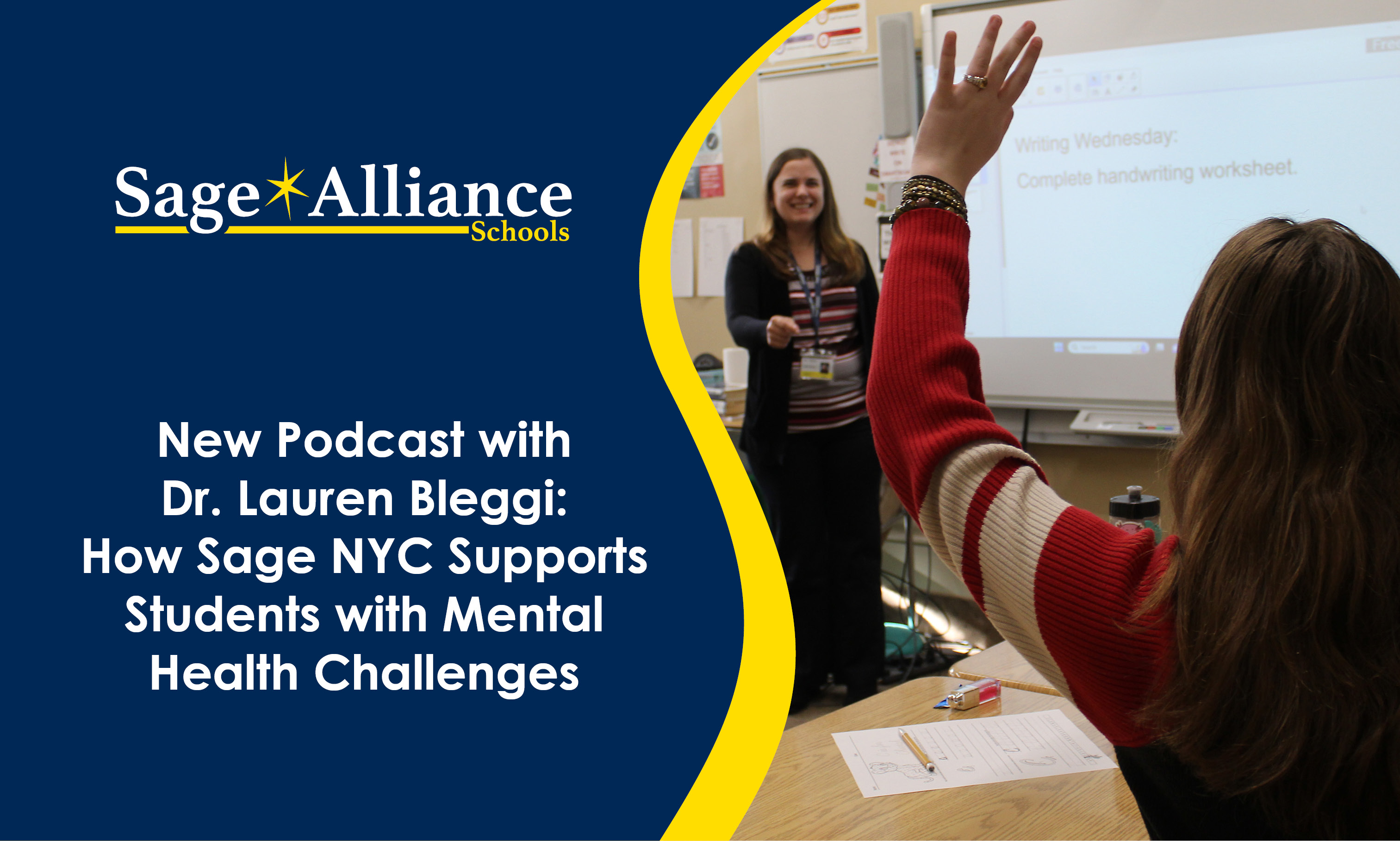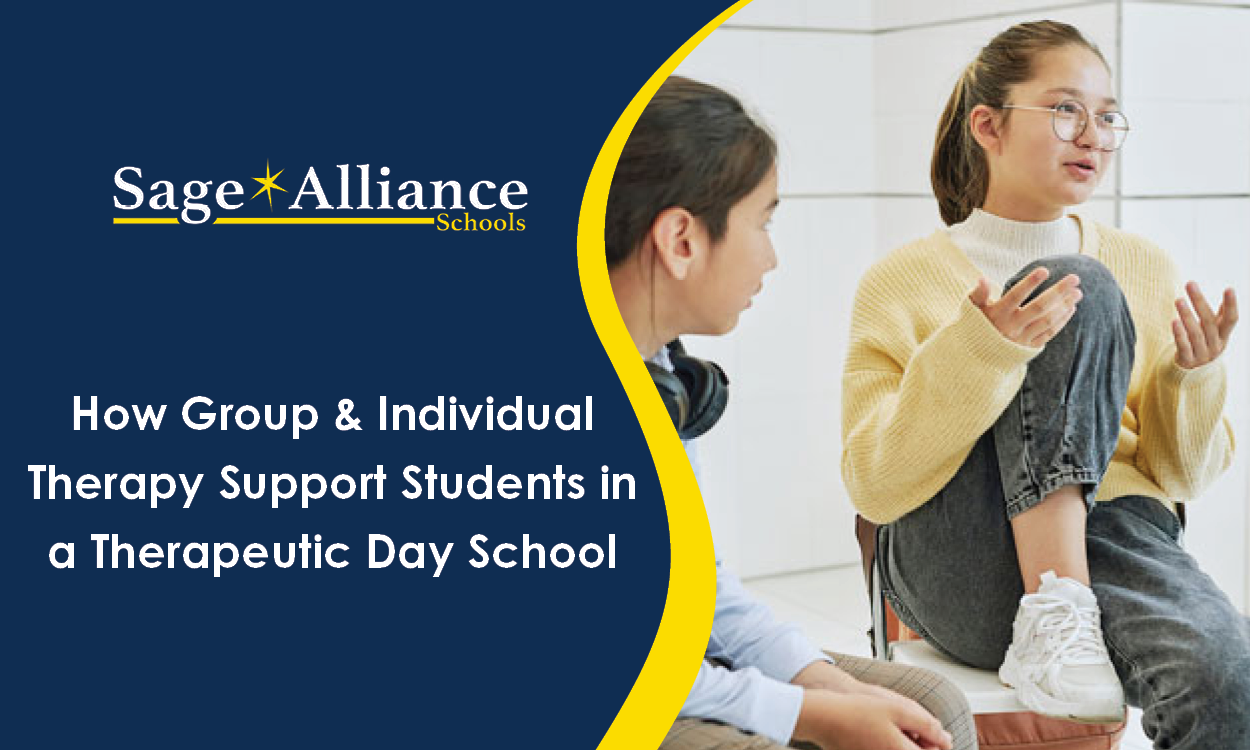Autism Spectrum Disorder and Depression
Posted: March 23, 2017 | Written By: Justin Gerwick | Category: Teen Depression

Sometimes it’s difficult to properly assess depression in students dealing with Autism Spectrum Disorder, especially when teachers and administrators may be new to the student and may not be privy to pre-existing behaviors. They may view the student in a negative light. Without context, it’s impossible to fully understand where the student is coming from.
The student may be frustrated in coping with different surroundings or changes to the learning environment. The lights may be too bright or there may be an excessive amount of noise. It may not seem like it’s noisy to everyone else, but it may be to them, and it may get to the point where they either act up or shut down altogether.
It’s important that the teacher and the parents of the student with ASD stay in constant communication regarding changes in mood and behavior as well as physical symptoms. For instance, the student may frequently complain that they’re not feeling well and that they need to go home when a medical exam might suggest otherwise. Or they may become overwhelmed by a new task or a situation, or even one with which they are already familiar.
Teachers should be on the lookout for the student exhibiting behaviors that are out of the ordinary and allow the student accommodations such as taking a break in order to regain their emotional footing and to make necessary adjustments to cope with their surroundings.
It is important to emphasize that ASD is not an emotional disorder in and of itself. However, new or challenging situations may cause the student with ASD to doubt that he or she can be successful. The Center on Secondary Education for Students with ASD suggests being on the lookout for signs of depression, which may include the following:
-
Increased moodiness
-
Feelings of worthlessness or fixation on mistakes
-
Aggression
-
Indecisiveness
-
Noticeable decrease in self-care
-
Regression of previously learned skills
-
Hyperactivity
-
Loss of energy
-
Sleeping too much or too little
If these symptoms persist, it may be necessary to enlist professional help, but the professional must have experience with ASD in order to recognize the subtleties within the student. It’s also vitally important to provide the professional with as much historical information as possible in order to properly diagnose the issues and to put the student on the fast track to recovery.
Want to be notified of new articles and resources from Sage Alliance? Click here to submit your email and opt into our newsletter.









